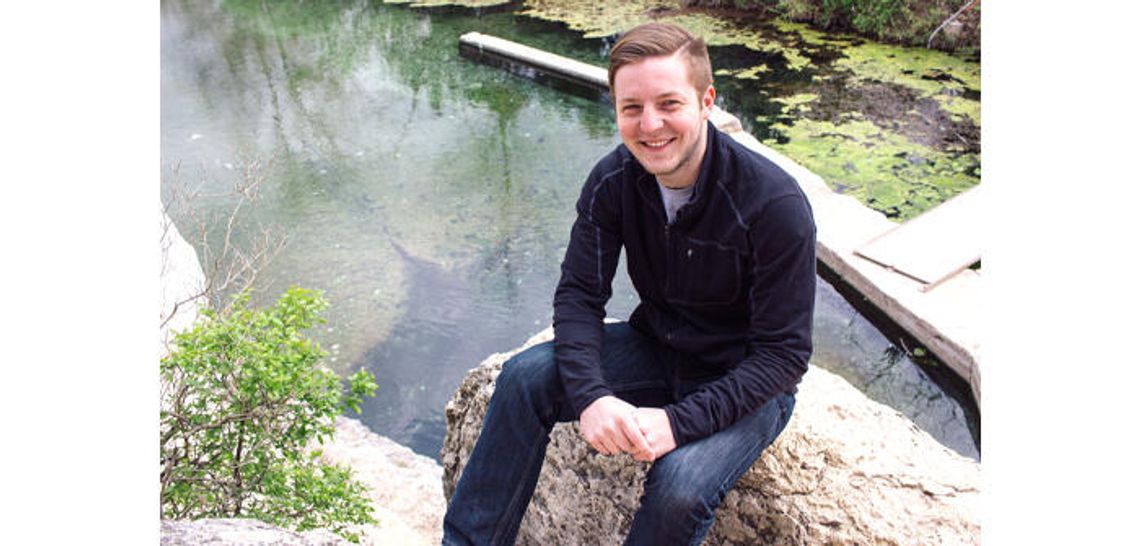A Buda resident, who was teaching students English in Germany, had to leave his students without saying goodbye so he could catch a flight home before the U.S. closed its borders.
Like all Americans adjusting to the COVID-19 prevention protocols, Fulbright Scholar Clay Parham is finally home in mandatory isolation after several airport screenings that all determined he is healthy.
Last week while Americans were stockpiling toilet paper, the Fulbright program warned scholars that they would need to find a way home, so he told his last class that he might have to leave soon.
The next day he woke up to President Donald Trump’s announcement that the American borders were closing.
“It was scary to wake up and hear that the borders were going to close. The announcement hadn’t clarified that Americans were allowed to come back, so yeah it worried me,” Parham said.
He immediately called a travel company, who put him on hold for two hours and once he got hold of someone, they said they would call him back. They never did. As frustration set in, he called another airline only to be on hold for four to five hours. Eventually, he got his flight changed.
“Getting a flight? Terrible. Just terrible. It made me really nervous how flights kept getting cancelled or flights changed. I don’t know how, but I did it,” Parham said.
At the Dresden airport, his passport was checked twice to confirm he was an American.
Social media reports showed that new screening protocols for Americans returning from foreign countries were causing U.S. International airports like O’Hare and DFW to be packed, causing increased risk of COVID-19 transmission.
Parham got a flight to Newark, where he said it was “pretty dead.” He boarded the plane full of only Americans and had a row to himself.
“When we got on the plane we had to fill out a questionnaire from the CDC. When we landed, a CDC representative told us that questionnaire was outdated and we had to fill out another. When we got off they checked our temperature and let everyone with a temperature below a hundred degrees go forward,” Parham said.
From Newark to Austin, he wasn’t screened again, but is confident that he wasn’t exposed to COVID-19 in the small village of Weixdorf.
“It was what Buda is to Austin. They only had 11 people sick,” Parham said.
His biggest disappointment, which weighs on many people across the world, is having an important part of his life ripped away without warning. Like many teachers, he didn’t know that would be the last time he would see the students, especially since they live on another part of the planet.
“I had such good connections with my students and we had no idea that would be the last time I would see them. Saying goodbye would have helped the pain a little bit, but I just have no closure,” Parham said.










